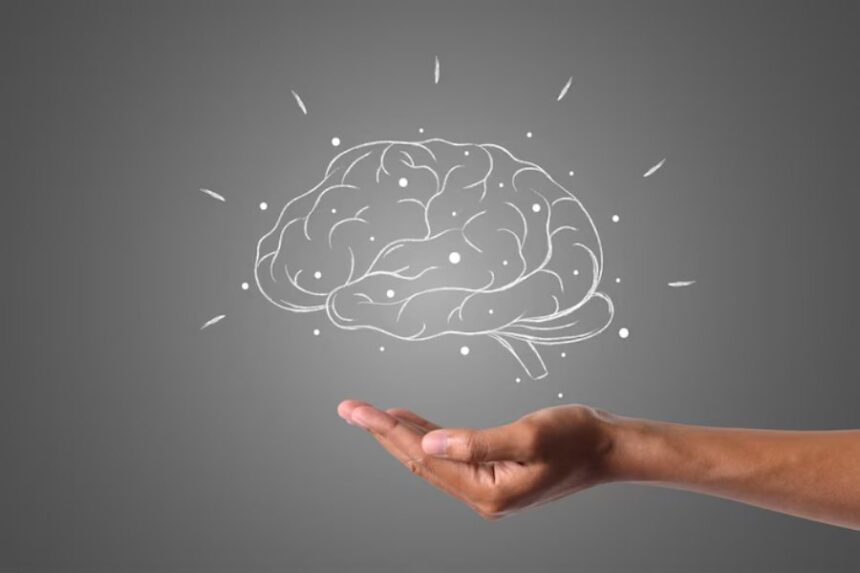Professional athletes are known for their incredible strength, agility, and physical discipline. But what truly separates the good from the great often has more to do with what’s happening between the ears. Mental toughness, laser-sharp focus, and the ability to stay calm under pressure are traits of peak performers across all sports. The secret? They train their brains as rigorously as they train their bodies.
You don’t have to be a pro to benefit from brain training. Whether you’re an amateur athlete, a weekend warrior, or simply someone looking to boost mental performance, the strategies outlined below are backed by science and used by elite competitors worldwide.
Mastering Mental Imagery and Visualization
Visualization isn’t just a motivational buzzword—it’s a practice grounded in neuroscience. When you vividly imagine performing an action, your brain lights up in ways similar to actually doing it. This cognitive rehearsal helps reinforce neural pathways related to movement, timing, and execution.
A study published in Neuropsychologia found that athletes who used guided imagery showed measurable improvements in performance, especially in precision sports like gymnastics and archery. The brain essentially becomes more efficient at controlling movements, even before they occur.
How to Practice It:
- Set aside 5–10 minutes in a quiet space before training or competition.
- Imagine the task with as much sensory detail as possible—sight, sound, touch, even smell.
- Include emotional elements—feel the crowd, the pressure, the triumph.
- Stay consistent: Daily mental rehearsals can yield real-world performance gains.
Boosting Focus and Reaction Time Through Neurofeedback
Neurofeedback is a technique that allows you to “see” your brain in action and train it to perform better. It uses EEG technology to monitor brainwaves and provide feedback, helping individuals regulate attention, stress responses, and cognitive function.
In high-performance settings, neurofeedback has been used by Olympic athletes, Formula One drivers, and even NASA pilots. A study from Clinical EEG and Neuroscience showed that neurofeedback can enhance cognitive flexibility, improve reaction times, and reduce mental fatigue—benefits that are crucial during high-stakes moments in sport.
Getting Started:
- Devices like Muse, NeuroSky, and Myndlift offer home-based solutions.
- Professional clinics offer more advanced assessments and tailored programs.
- Results often become noticeable within 8–12 sessions with regular use.
Cognitive Training Games and Apps That Work
Not all brain games are created equal. While some apps rely more on flashy design than solid science, others are genuinely useful tools backed by research.
Platforms like Lumosity, Elevate, Peak, and NeuroTracker have been studied for their effects on executive function, working memory, and processing speed. NeuroTracker, for instance, has been used by top athletes in the NFL, NBA, and Premier League to train dynamic attention and spatial awareness.
How to Integrate Them:
- Use cognitive training apps during recovery periods or morning routines.
- Aim for 15–20 minutes per session, 3–4 times a week.
- Track progress and adjust training based on your cognitive strengths and weaknesses.
Nootropics and Nutrition for Brain Optimization
Nutrition has always played a vital role in physical performance, but it’s increasingly recognized as essential for mental sharpness too. Enter nootropics—supplements that support cognitive function, including memory, focus, and motivation.
Unlike stimulants, many nootropics work subtly over time by supporting brain health and reducing cognitive fatigue. Here’s a look at some evidence-backed options:
- Caffeine + L-theanine: A popular combo found in tea. L-theanine smooths out the jittery effects of caffeine while enhancing alertness and focus.
- Creatine: Known for physical benefits, creatine also supports brain energy metabolism and cognitive performance under stress.
- Omega-3 fatty acids (EPA and DHA): These are vital for maintaining brain structure and have been linked to faster reaction times and improved learning.
- Rhodiola Rosea: An adaptogen that helps combat mental fatigue and improve mood and alertness.
- Bacopa Monnieri: An herb shown in clinical trials to enhance memory and reduce anxiety over extended use.
When sourcing supplements, it’s essential to choose trusted nootropic products to ensure quality, safety, and effectiveness.
Mindfulness and Breathwork for Mental Resilience
Mental resilience isn’t just about staying focused—it’s about bouncing back quickly from setbacks, staying calm in chaos, and maintaining poise under pressure. This is where mindfulness and breathwork come in.
Research in journals like Frontiers in Psychology and Psychoneuroendocrinology shows that mindfulness-based practices can reduce anxiety, improve emotional regulation, and even enhance athletic recovery. Elite performers like Novak Djokovic, LeBron James, and the entire Seattle Seahawks team have credited meditation and breathing techniques as key components of their mental training.
Simple Techniques to Try:
- Box Breathing: Inhale for 4 seconds, hold for 4, exhale for 4, hold again for 4. Repeat for 5 minutes to reset the nervous system.
- Mindfulness Meditation: Sit quietly, focus on your breath, and gently return to it when your mind wanders.
- HRV Training: Use apps like HRV4Training or Elite HRV to practice breath control in sync with your heart rate variability.
Consistency is more important than intensity—just 10 minutes a day can produce lasting changes in how you manage stress and pressure.
Conclusion
Training your brain isn’t just a fringe tactic for elite athletes—it’s a game-changing approach that anyone can use to elevate performance. From visualizing success and fine-tuning your focus to harnessing the power of nootropics and mindfulness, these strategies are rooted in science and proven in competition.
Pick one strategy to start this week and commit to it. Whether you’re chasing a personal best or simply want to stay sharp in everyday life, the same principles that fuel elite athletes can help you unlock your full mental potential.




